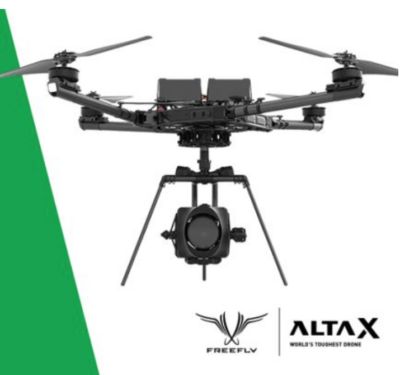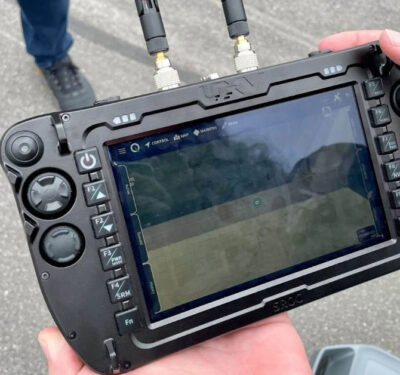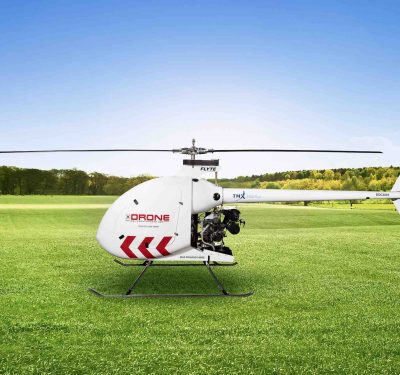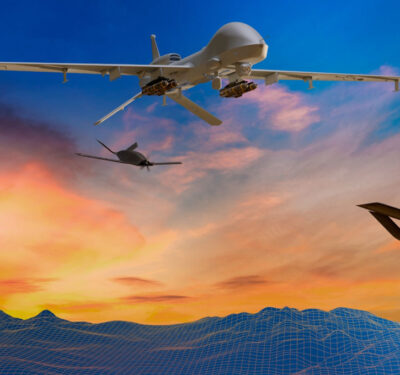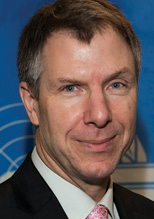
Stephen Creamer
As the new director of the Air Navigation Bureau, Stephen Creamer heads the part of the International Civil Aviation Organization stepping up to develop international Standards And Recommended Practices (SARPs) for remotely piloted aircraft systems. He began his 33-year career in air traffic control operations, eventually serving as the director of the Federal Aviation Administration’s (FAA’s) Regional Office for Europe, Africa and the Middle East.
Q: What are the top priorities for the work ICAO is doing on remotely piloted aircraft systems (RPAS)?
A: In a nutshell it is education. …The latest version of (our guidance information) contains quite a bit of material that relates to licensing and the overall structure of how RPAS integrates into the airspace. But we’ve got further development work to do over the next four years as it relates to flight operations, airworthiness, and the development of safety management system guidance for RPAS.
Q: I understand ICAO’s efforts are aimed at larger unmanned aircraft. How do you see smaller unmanned aircraft fitting into your work?
A: The ICAO efforts are principally aimed at what we would call instrument flight rules-capable RPAS or UAS (Unmanned Aircraft Systems). And the smaller UAS, like the FAA rule is currently focused on, are to some degree outside the scope of what we’re doing formally in the remotely piloted panel. We are liaising with JARUS (the Joint Authorities for Rulemaking on Unmanned Systems) and with the key mobilizing regions—the United States and Europe—to develop some points of emphasis for where education and guidance can be provided to the industry by those state governments.
Q: How can private companies benefit from the work you are doing on RPAS?
A: The objective is to give the industry some guidelines that will be consistent when they go to market in various parts of the world.
Q: How could a private firm provide input into the work ICAO is doing?
A: Through the regulatory authorities they interact with who participate in the ICAO process. So for example in the United States, somebody who’s in the UAS industry, who’s dealing with the FAA’s UAS Integration Office, would be working with the technical experts there who are coming to ICAO and sitting on the [Remotely Piloted Aircraft Systems Panel]. They might even be invited by the FAA or the U.S. government to sit on the panel as technical representatives supporting the state expert. They could (also provide input) through the International Coordinating Council of the Aerospace Industries Associations, …Association for Unmanned Vehicles Systems International (AUVSI) and their counterpart in Europe, UVS International.
Q: Do you see ICAO changing as it tackles this fast-moving industry?
A: Well, we see there is a need for greater engagement with the industry players themselves as opposed to only the states. Frankly we have to go ask the states for permission to have that engagement, to some degree. But I think if this industry continues to evolve at the pace it is today, we would need to have a way to go directly to a Google or somebody else if they were to rapidly develop a particular line of technology.


